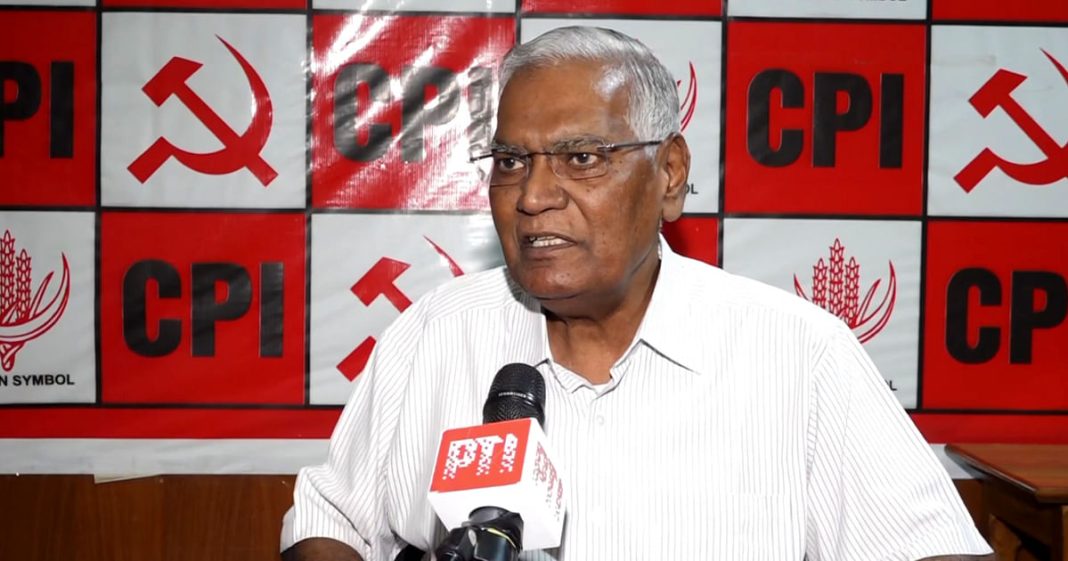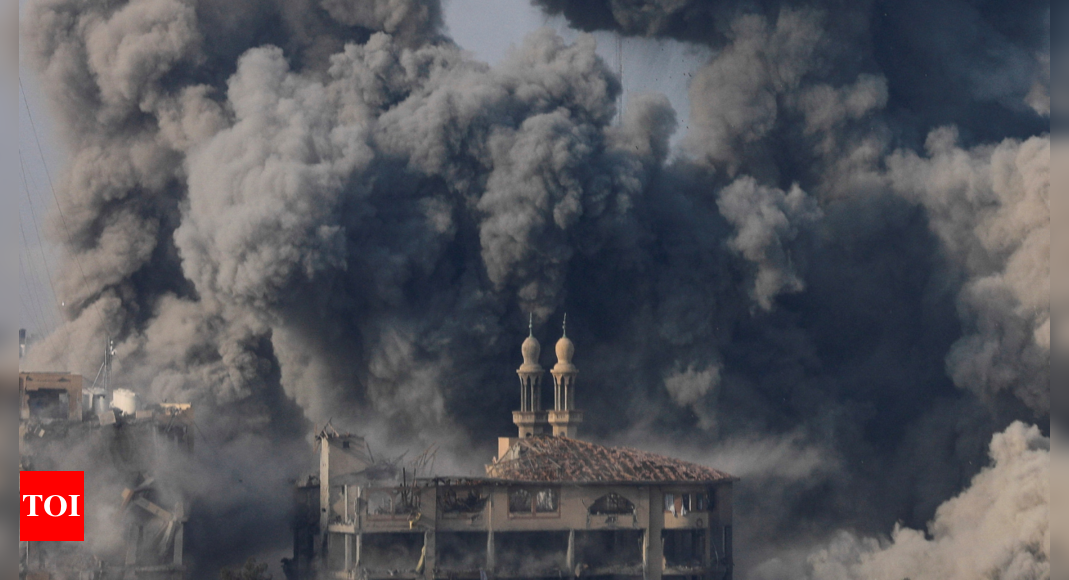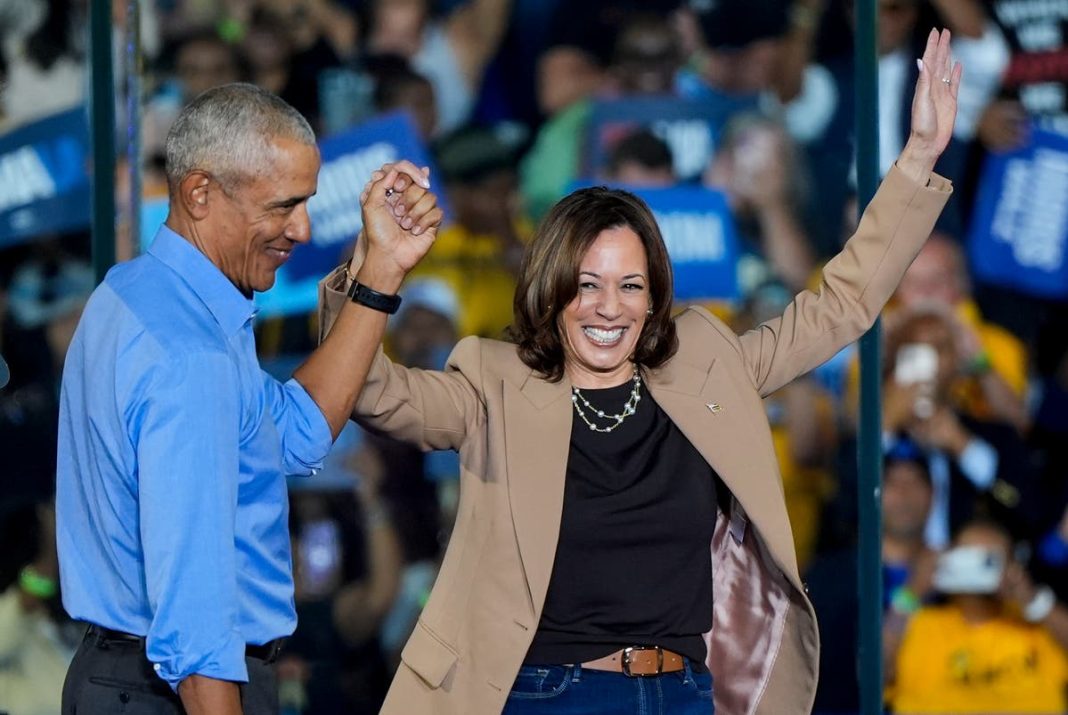Title: Tensions Rise in Jharkhand: CPI and Left Parties Demand Fair Negotiations in I.N.D.I.A Alliance
Published 25 October 2024, 02:45 IST
In the heart of Jharkhand, a political storm is brewing as the Communist Party of India (CPI) raises concerns about the ongoing seat-sharing negotiations within the I.N.D.I.A alliance. The CPI is vocal about its dissatisfaction with the Congress and Jharkhand Mukti Morcha (JMM), arguing that the current approach to seat allocation is sidelining smaller parties like the Left. As the elections loom closer, the question remains: why is the CPI fighting with its allies instead of against the opposition?
The CPI has made it clear that the lack of formal and respectful consultations regarding seat distribution is at the core of their grievances. "You should ask Congress and JMM," a CPI spokesperson stated. "They alone cannot just decide on seats and leave something to others." This sentiment reflects a growing frustration among smaller parties that feel their voices are being drowned out in the larger political machinery.
In a parliamentary democracy, participation in elections is crucial, and the CPI believes that mutual trust and accommodation are essential for a successful alliance. "How long can parties keep away from participating in elections?" the spokesperson questioned, emphasizing the need for collaboration rather than exclusion. The CPI’s call for unity is underscored by their historical presence in Jharkhand, where they have previously secured seats in both Parliament and the Assembly.
The CPI’s concerns extend beyond Jharkhand. They point to recent events in Haryana, where the Congress failed to honor a promise of one seat to the Left. "They did not keep their word," the spokesperson lamented, suggesting that such broken promises could have lasting repercussions on the alliance’s credibility. The CPI urges Congress to learn from its mistakes, particularly in light of the electoral challenges faced in Haryana.
The situation in West Bengal further complicates matters, as the CPI notes that there is no seat adjustment with Congress, unlike in previous elections. "Congress should realize that this is a new situation," the spokesperson remarked, advocating for a more accommodating approach similar to that of DMK chief MK Stalin in Tamil Nadu, who successfully navigated seat-sharing with respect for all allies.
As discussions continue, questions arise about the overall health of the I.N.D.I.A alliance. While the CPI insists that the coalition is not disintegrating, they acknowledge that problems exist, particularly with Congress at the helm. "The responsibility lies with the Congress," they assert, urging the party to engage more collaboratively with its allies.
The CPI’s frustrations highlight a broader issue within the I.N.D.I.A alliance: the need for effective coordination and communication. During the Lok Sabha elections, some semblance of cooperation was observed, but the CPI argues that this was not the case in many regions. "In other places, the Left was not taken on board," they noted, calling for a more inclusive approach moving forward.
As the political landscape evolves, the CPI emphasizes the importance of understanding the aspirations of the electorate. "People are mature enough to give their verdict," they stated, urging all secular and democratic parties to draw lessons from past electoral outcomes.
In conclusion, the CPI’s call for fair negotiations and mutual respect within the I.N.D.I.A alliance serves as a reminder of the delicate balance required in coalition politics. As the elections approach, the challenge remains: can the larger parties accommodate the needs of their smaller allies, or will the tensions in Jharkhand signal deeper fractures within the alliance? Only time will tell, but for now, the CPI is determined to make their voice heard.



